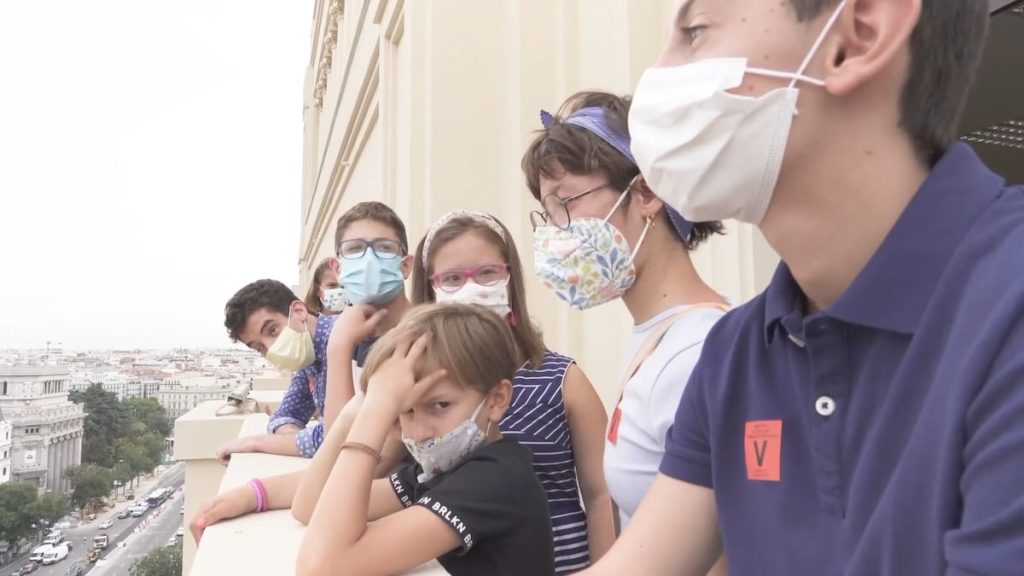The UN Committee on the Rights of Persons with Disabilities has once again criticized Spain for maintaining special education centers. The committee expresses regret that the segregation of people with disabilities through their schooling in special centers and specific classrooms in regular schools continues in the country. They deplore the perpetuation of an educational system that segregates over 40,000 people with disabilities, 40% of whom have intellectual disabilities. The committee urges national and regional educational authorities to prioritize and urgently move towards ending this separation.
The UN body, responsible for overseeing the implementation of the Convention on the Rights of Persons with Disabilities, which Spain is a part of, previously issued a harsh assessment of the situation of Spanish students with disabilities in 2017. They have now issued a follow-up report based on a thorough investigation. The ongoing investigation will lead to another assessment in five years to see if the situation has improved. The UN body acknowledges some progress in Spain’s legislation and government strategies to effectively implement the right to inclusive education for people with disabilities. They note provisions in the current education law, Lomloe, that aim to provide necessary resources for mainstream schools to properly accommodate students with disabilities.
While inclusive education for students with disabilities saw significant progress in Spain in the 1980s, it has since stagnated. Around 17% of students with disabilities still attend special centers or receive classes in separate classrooms within regular schools. This issue has sparked strong polarization, with some advocating for inclusion in a new adapted network while others, including families, associations, and some special education centers, oppose it. The complaints submitted to the UN committee that led to the current investigation were brought forth by those advocating for inclusion.
In 2019, the Ministry of Education seemed to be moving towards inclusive education for almost all students with disabilities, following the example of countries like Portugal. The plan envisioned offering families the choice between mainstream schools or special centers. However, political opposition, particularly from the PP and Vox parties, quickly arose in Spain, particularly in regions like Madrid, leading to a stall in progress. The UN committee’s assessment expresses concern over the risk of regression in the implementation of the right to inclusive and quality education due to opposition from certain regional governments and parliamentary groups.
The opposition to inclusive education in Spain has become politicized, with the PP and Vox parties leading campaigns against the plans outlined in the Lomloe law. This opposition has led to setbacks in the advancement of inclusive education for students with disabilities. The UN committee’s assessment also highlights concerns over the potential setbacks in the implementation of inclusive education, specifically citing regional governments in Madrid and Andalusia, as well as parliamentary groups at the national level. Despite some progress, challenges remain in advancing inclusive education for students with disabilities in Spain.


